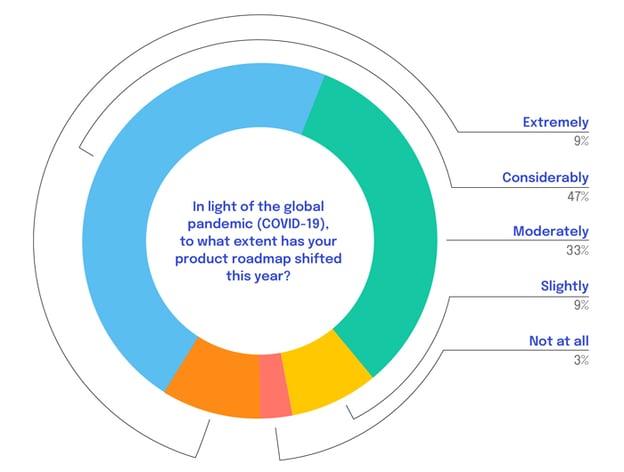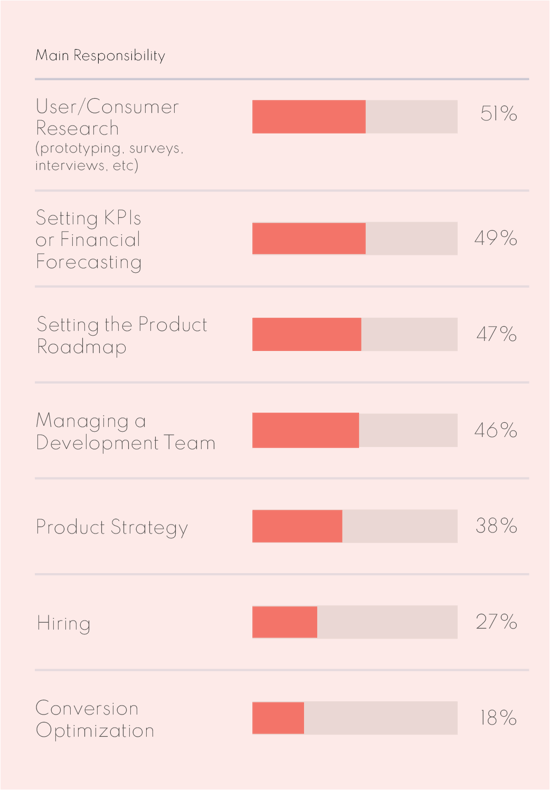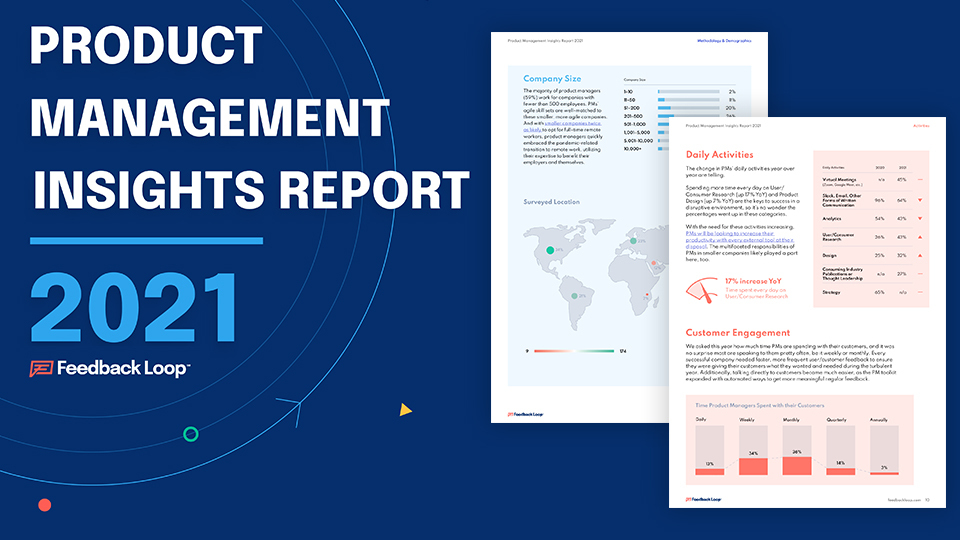When we started putting together our 7th Product Management Insights survey, we knew it had to be different. Just like the 500 product managers we’d be interviewing, we needed to be agile in the face of the unprecedented, challenging, turbulent, unusual year we’ve just been through. You can’t compare apples to apples when a watermelon plops down and changes everything.
We sharpened our research tools with a focus on quality, using our deep expertise and best practices to achieve richer data. We asked even more meaningful questions to elicit more telling answers. We also limited whom we included in the survey: This year, only full-time, more senior employees in product management were included, while students, consultants, analysts, and employees with little PM experience were excluded.
We believe these changes produced insights at a higher, more insightful level than in years past. In the 2021 Product Management Insights Report, we present data, insights, and analyses that reflect product managers’ reactions, thoughts, and practices from their crazy year in review, as well as their effects on planning for the year to come.
Here are the top 5 takeaways from this year’s report:
- Nearly 90% of our respondents said the global pandemic shifted their product roadmap at least moderately during the past year. COVID-19 permeated nearly every aspect of PMs’ jobs and lives, including how they worked, interacted with customers, and utilized their development resources.

- PMs turned inward. More ideas and inspirations came from internal, rather than external, resources, and the number of respondents naming customers as their best idea source fell from 60% in 2020 to 41% this year.
- PMs were most interested in the Internet of Things, when it comes to their technology integration plans for 2021. Consumer distaste likely caused a 9% decrease in plans to employ chatbots.
- Product managers want more development resources. Even COVID-19 did not topple lack of resources as PMs’ No. 1 most significant challenge. This year, it was followed by collaboration and alignment, likely affected by remote working environments.
- PMs are playing larger, increasingly important roles at smaller companies. With responsibilities expanding to include sourcing their own research on users/customers, they are relying more on automated tools to get the rapid, actionable feedback they need to inform decisions in their more agile work environments.

This year’s findings proved to be anything but usual. What we found will undoubtedly shape product management for years to come. Uncover the data — as well as the casualties and potential impacts — for yourself in the 2021 PMI Insights Report.




